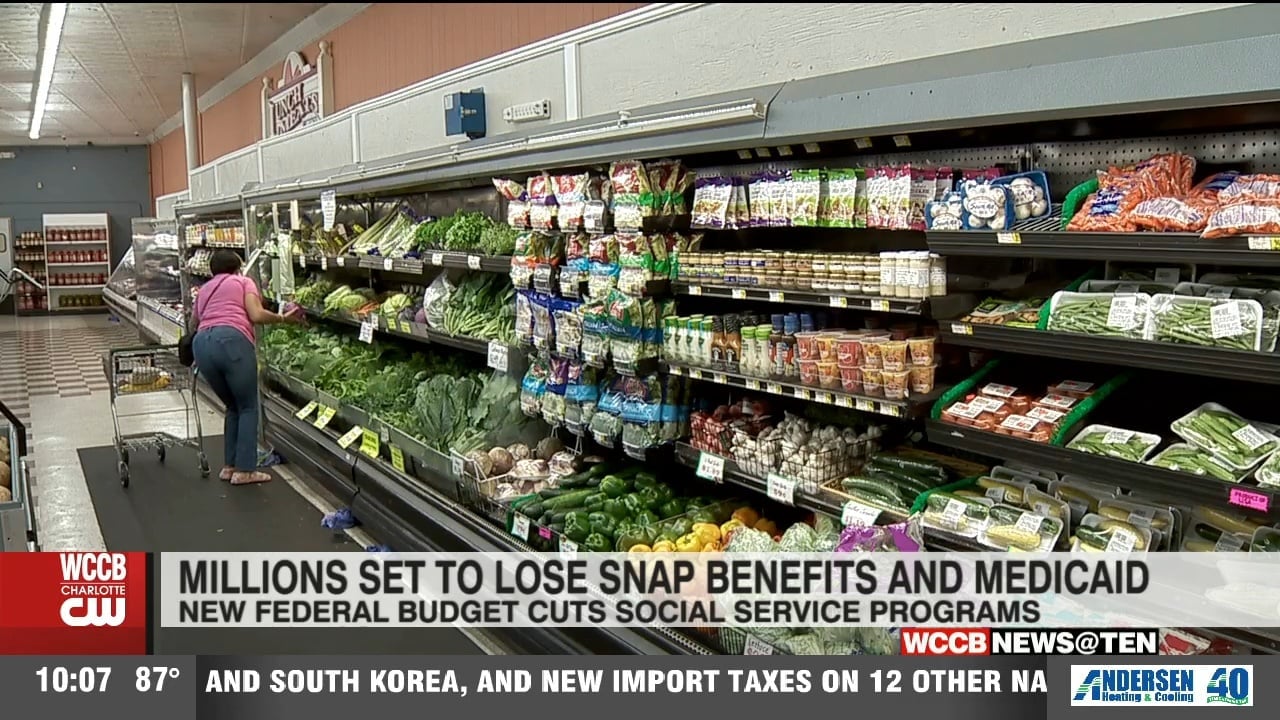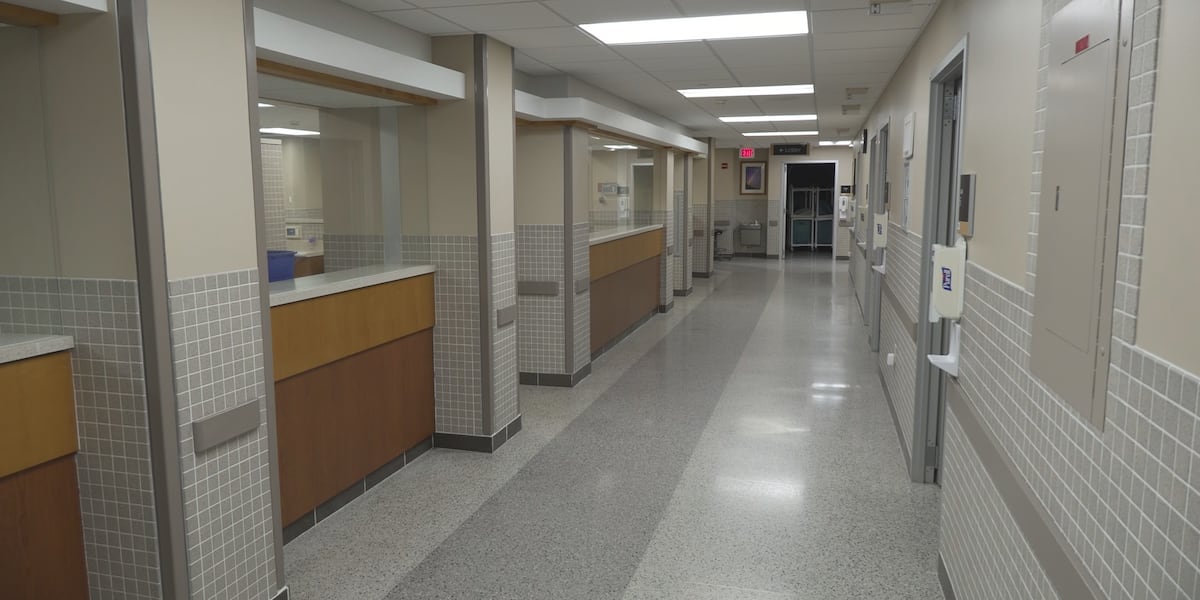Summary
The so called “Big Beautiful Bill” is now the law of the land. The federal budget will cut funding for social services like SNAP benefits and Medicaid while also cutting taxes for some Americans. Millions of people across the Carolinas could soon lose healthcare and food assistance.
Source: WCCB Charlotte

AI News Q&A (Free Content)
Q1: What are the potential effects of Medicaid cuts on state economies?
A1: The potential effects of Medicaid cuts on state economies can be significant. Research indicates that combined budget cuts to Medicaid and SNAP could result in a loss of $154.3 billion in state GDPs, surpassing the federal savings from these cuts. Such reductions in revenue for healthcare providers and food-related businesses may ripple across other sectors, significantly impacting state economies.
Q2: How could SNAP benefit reductions impact nutritional outcomes for children?
A2: Reductions in SNAP benefits could have adverse nutritional outcomes for children. The program has been shown to moderate the effects of material deprivation on educational outcomes, suggesting its critical role in supporting children's development. With cuts, children may face increased food insecurity, leading to poorer nutrition and potential negative impacts on their educational performance.
Q3: What role does the Electronic Benefit Transfer (EBT) system play in SNAP?
A3: The Electronic Benefit Transfer (EBT) system allows SNAP participants to access their benefits using a magnetically encoded payment card, replacing the traditional paper coupons. EBT cards are used to purchase eligible food items, enhancing convenience and reducing stigma associated with food assistance programs.
Q4: How do Medicaid benefits vary across different states?
A4: Medicaid benefits vary significantly across states due to differences in eligibility standards and benefits offered. While the federal government sets baseline standards, states have latitude in determining specific benefits and eligibility, leading to variations in Medicaid coverage and services across the country.
Q5: What are the implications of the 'One Big Beautiful Bill' on Medicaid and SNAP funding?
A5: The 'One Big Beautiful Bill' includes provisions for significant cuts to Medicaid and SNAP funding, resulting in decreased federal benefit funding for both programs. This could lead to reduced access to healthcare and food assistance for millions of Americans, particularly affecting low-income families.
Q6: What is the historical significance of Medicaid in the U.S. healthcare system?
A6: Medicaid, established in 1965, is a vital component of the U.S. healthcare system, providing health insurance for low-income individuals. It was significantly expanded by the Affordable Care Act in 2010, and remains a crucial source of funding for medical services for people with limited income.
Q7: How have recent policy changes affected SNAP participation rates?
A7: Recent policy changes, including proposed cuts, have raised concerns about reduced SNAP participation rates. The program supports millions of Americans, particularly children, and any reductions could lead to increased food insecurity and adverse effects on health and educational outcomes.
References:
- Page: Supplemental Nutrition Assistance Program
- Page: Medicaid
- Published: 2022-05-26 Title: Effects of Adult Medicaid Dental Benefits Elimination on Child Dental Care Use




